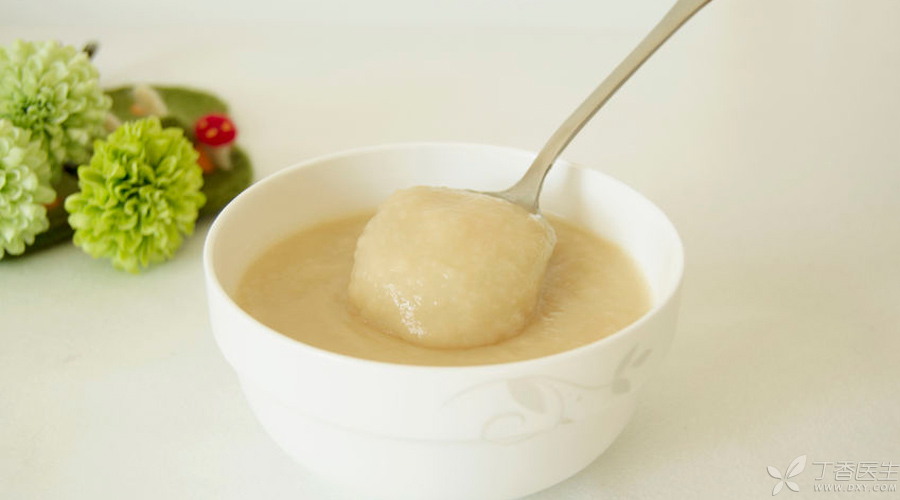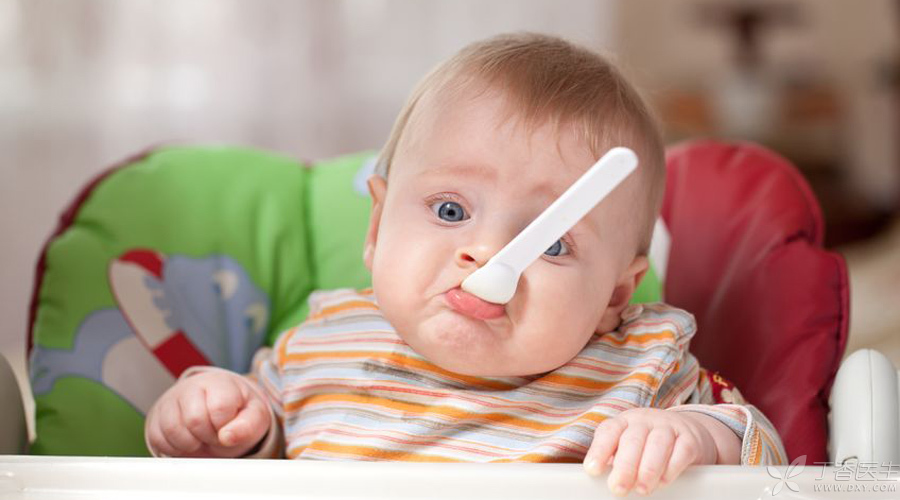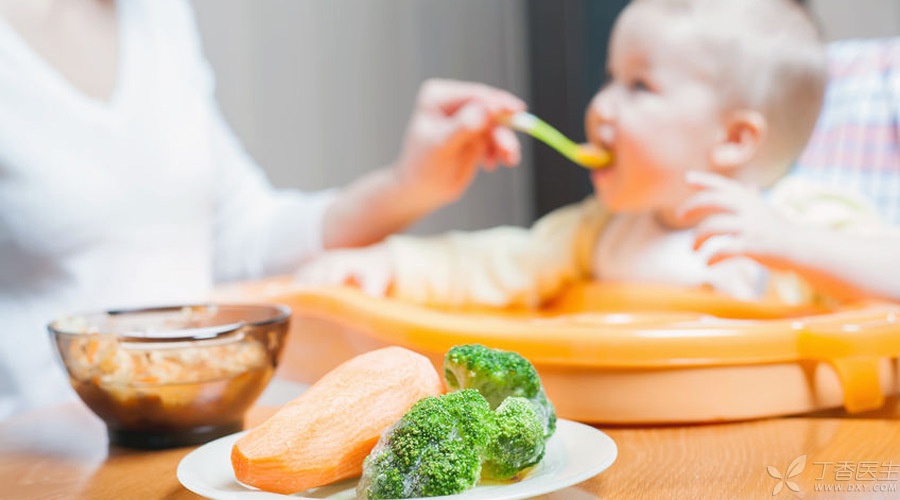
After the baby grows to 4 months old, simple breast-feeding has become increasingly unable to meet his nutritional needs. At the age of 6 months, we will have to give the baby an extra meal.
The baby’s first supplementary food is often rice flour.
As for the matter of making rice noodles, many treasure parents do it according to their own understanding, so some methods are not so appropriate. How many of the following 10 misunderstandings have you won?
1. What you bought outside is not as good as what you made.
Many parents are worried about food safety, fearing that the quality of rice noodles bought outside is not up to standard and will spoil the baby.
Rice noodles, as the name implies, just grind rice into flour and can be made at home.
But in fact, compared with the [fortified iron rice flour] sold outside the market, the iron content in the rice flour made by oneself obviously cannot meet the development needs of babies over half a year old.
If the baby cannot be fed with fish mud, meat mud and other foods in time to supplement iron, iron deficiency anemia will easily occur.
Also, if Bao’s parents do not know the necessary disinfection measures, the food they make at home will not be safer than the food they buy.

2. The thicker the rice flour, the better
Many treasure parents are always afraid that their babies will not have enough to eat when they are making rice noodles. In fact, the washed rice noodles should be mixed into a slightly thin mud paste.
In fact, rice flour and formula milk, flour and water are required to have a proportion. If it is commercially available rice flour, the proportion of brewing will generally be stated on the packaging, and it is good to brew according to the instructions.
If it is home-made rice flour, it can be judged by this standard: it will not drip quickly if it is scooped up with a small spoon.
3. Boiling water flushes to make it open.
On one occasion, I found that the elders in my family had specially boiled water to flour rice noodles, and finally refrained from saying that such small things need not be put on the line.
I just feel a little sorry for the nutrients in the rice noodles. The temperature is so high that some of them will be lost.
However, since then, I have done the trivial matter of making rice noodles myself. Based on experience, I have adjusted the water temperature to about 70 degrees.

4. Rice flour is raw and should be cooked well.
But don’t cook it, if nothing else, how much trouble it takes!
The rice flour ground by oneself should be made of fried rice, not uncooked rice, so just wash it away with water and stir it into paste. The rice noodles bought outside are also ripe, and when they are tossed with high-temperature boiling water, the nutrition has not run for more than half of the time, which is too wasteful.

5. Add water first, then powder, in the same order as formula milk.
Well, it seems… It’s all right.
Reverse! This should be: first add a proper amount of rice flour, then add water adjusted to about 70 ℃, then gently stir evenly with a spoon to form a slightly thinner mud paste, and then try it out after cooling properly.
6. Add some sugar and salt to improve the taste.
The elders in the family hurt the baby. When making rice paste, they often ask for this [add some salt] and that [add some sugar].
In fact, the baby’s taste is very sensitive, and the original taste of food alone is enough for them to enjoy. Early exposure to seasonings may make them [heavy taste].
Before we have to let our children know the delicious taste of sugar, let our children know the [true colors] of different foods as much as possible.
7. Use mineral water to make it more nutritious.
No matter rice flour or milk powder, mineral water is not recommended. Even, it is not recommended to give babies mineral water (babies under 6 months old do not need to drink water directly ha ~).
Some parents may have heard some statements that pure water or tap water is not good, but in fact it is nonsense. How gives the baby water?
Without mineral water, saving money is still a trivial matter. If it is used instead, it will increase the baby’s kidney burden and make the baby constipated or otherwise uncomfortable, it will be a strength pit baby.

8. Rinse it in advance and eat it when hungry.
Just as milk powder cannot be washed for too long, rice noodles cannot be washed a lot at a time. It should be warmer when eating, and even the unfinished ones should be kept for the next time.
Let’s imagine, if you can see, from the air to the rice noodle bowl, all kinds of microorganisms have been looking for nutritious pools for large-scale breeding… probably won’t do this again next time.
Therefore, remember these points: if no one has eaten, put it away for 2 hours at most; If the baby hasn’t finished eating, don’t be a pity, just pour it out-you can eat it yourself, and the tableware should be washed thoroughly.
9. Eat from 4 months to weaning
But don’t, feed it like this, what if the child can’t bite anything in the future?
Babies after 7 months should not only drink paste, but also start to try [semi-liquid] such as porridge and rotten noodles, as well as various chopped foods to exercise chewing function.
Only in this way can we keep up with the baby’s rapidly developing digestive function and eating ability.

10. Eat only rice noodles and nothing else?
As mentioned above, the rice flour made by oneself does not contain enough iron. Is it not necessary to bother to add other supplementary foods if you eat what is sold outside?
Of course not. Making all kinds of supplementary foods is not only for nutrition (not to mention the nutrition of rice paste can’t keep up with the growth and development of the baby), but also to cultivate the baby’s taste and eating ability.
Regarding the addition of supplementary foods in how, why don’t you look at this? How do you add supplementary foods for your baby?
In fact, the above mistakes are not a big deal even if they have been made. Therefore, there is no need to add psychological burden to yourself after reading them.
It is always good to know more about it, don’t you think?
